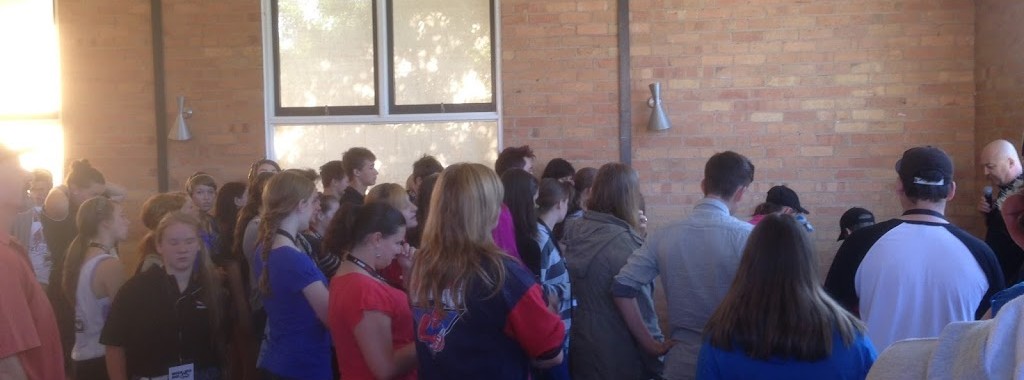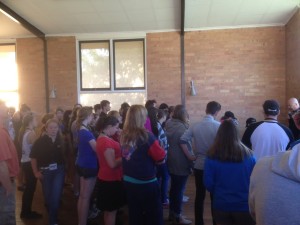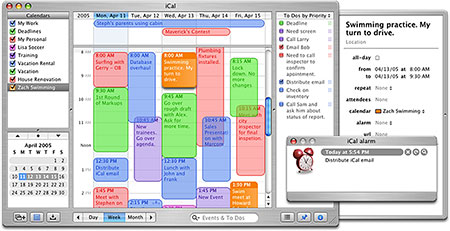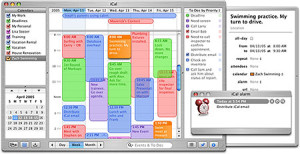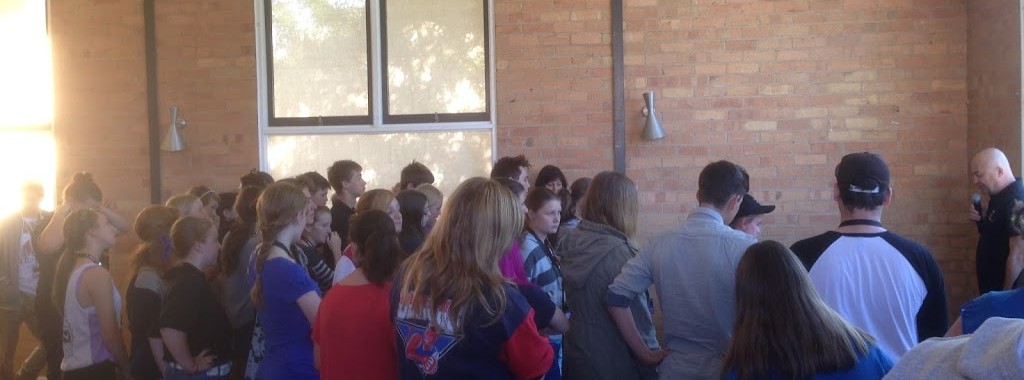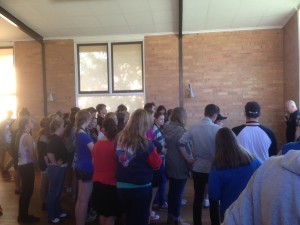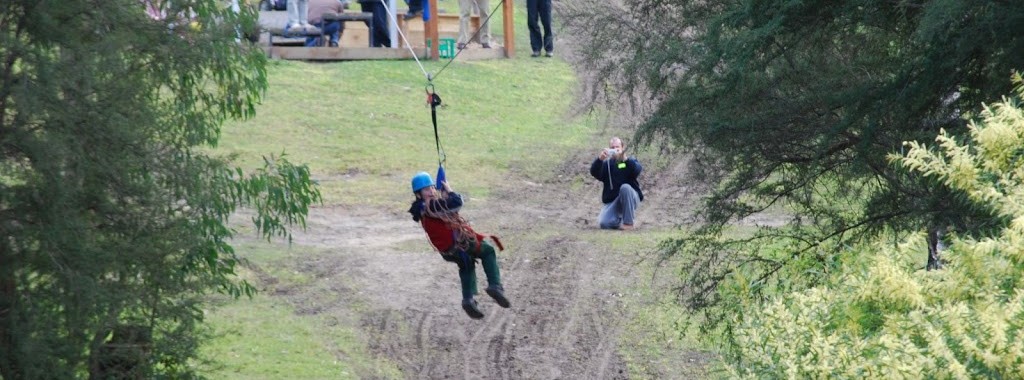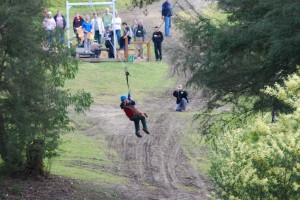Tag Archives: Youth Work
A small group of thoughtful, concerned youth workers changing the world.
Never doubt that a small group of thoughtful, concerned citizens can change world. Indeed it is the only thing that ever has. —Margaret Mead
Guest post on youthsectorblog.
Our Blog
-
Click on “older posts” at the bottom of this page
-
Click on one of the categories on the right hand side of the page to read specific types of posts (e.g. professional identity, youth work, self care etc)
-
Use the “blog archive” on the right
Our Website
Connect with us!
-
Subscribe to receive our posts via email (you can do it on the right hand side of this post) – you’ll receive one email a week with that week’s post(s). Don’t worry, we’ll never spam you or sell your details.
-
Follow us on Twitter
-
Like us on Facebook
-
If you haven’t yet, sign up for our newsletter to find out all the goings on at Ultimate Youth Worker. (Sign up here)
Calendar management for the youth work professional.
Family first
Schedule time for email
Strategic objectives (first thing in the morning)
Network building lunch
Get rid of free time.
Leave us a comment below or post a comment on facebook and twitter.
If you haven’t yet, sign up for our newsletter to find out all the goings on at Ultimate Youth Worker.
Top 5 blog posts of the first twelve months of Ultimate Youth Worker.
-
Build your network Sep 20, 2012. Having a strong network is key to a youth workers effectiveness. To support our young people we need to have a broad and deep pool of people that we can call on when the chips are down. This post tells you how to get started.
-
AccountabilitySep 12, 2012. The second pillar to our “Model of Effective Youth Work Practice“, Accountability is more important to our best-practice than ever before. Accountability through mentors, good supervisors and reflective practice groups are all great ways to start.
-
What will youth work look like in 2013? This series was an amazing opportunity for us to get some of the people we look up to in the sector to discuss what they saw as the next step in the youth services sector. Shae and Stephen, Professor Dana Fusco, Sam Ross, Professor Howard Sercombe and our Director Aaron Garth all spoke on this and it has been one of our most read group of posts.
-
Reflective practice: Why we should journal. Aug 21, 2012. In our youth work courses they require us to do some journaling at some stage as a chance to reflect on our practice… so why do we stop when we enter the field as employees? This post asks us to get back in the habit.
-
Setting boundaries in youth work: How much do I share about me? Oct 31, 2012. As a teacher in a youth work course this is one of the questions I always get asked when students go on placement. knowing how much to share about ourselves is one of the hardest questions to grapple with because there is no straight answer.
What is youth work without innovation and risk?
Twenty years from now you will be more disappointed by the things that you didn’t do than by the ones you did do. So throw off the bowlines. Sail away from the safe harbor. Catch the trade winds in your sails. Explore. Dream. Discover.
– Mark Twain
Bring a pen and paper!!!
A short one today! Over the last couple of weeks I have been working with a number of student youth workers helping them with their field placements. One of the most frustrating things tat I have seen in these new recruits to the sector is something which has become more prevalent over the last decade. They don’t take notes!!!
It is really hard to take notes when you don’t have a pen and something to write on. Some say they can do it on their phone or Ipad, but the reality is that there is no substitute for pen and paper.
When I was a new member of the working class a mentor of mine said to me that I should take pen and paper into every meeting I ever have. Write everything down he told me. Your memory is not as good as you think it is he said. He was right!
The one piece of advice I give my students and many of those that we supervise is take a pen and paper every where. Write everything down. You never know what you will need to remember!
Youth worker education: The time for change is nigh.
Mental State Exam for youth workers: Insight and Judgement
Insight
Judgment
If you have any questions contact us.
Do youth workers really provide justice for young people in youth justice?
If you are a youth worker in a youth justice system, you need to remember that your first duty is to the young people. You are not a police officer, parole officer or jailer. You are a youth worker. If you remember that then you will provide justice to these most troubled of young people.
